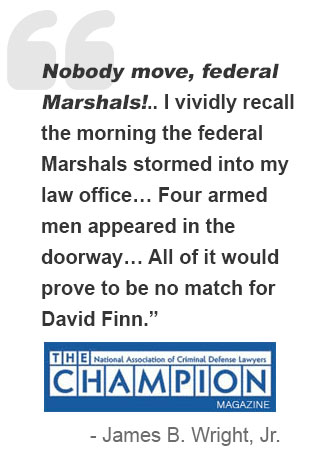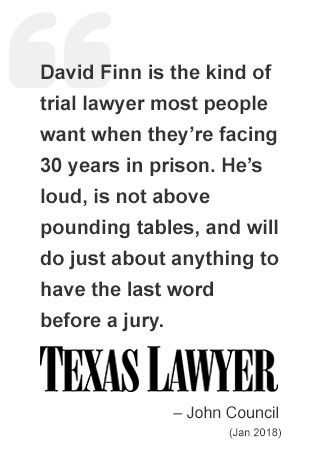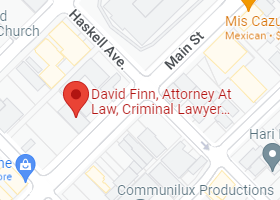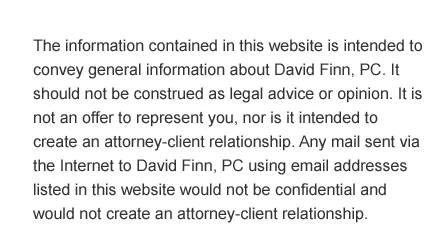


Plea Bargaining, Plea Deals, And Pleading Guilty In Federal Court – Frequently Asked Questions
Federal arrests happen frequently in Texas, from drug crimes to white collar crimes to immigration offenses. The vast majority of these federal cases never proceed to trial, instead, they end with a formal plea bargain between the U.S. Attorney’s Office and the defendant.
A plea bargain or plea deal finds a defendant pleading guilty in exchange for either a lighter sentence or the dropping of some charges. Perhaps a combination of both. A plea deal might seem a good choice at first. A plea deal has certainty compared to the unknown outcome of a trial. But too many defendants engage in plea bargaining or accept a plea without knowing what it really means for their rights and future.
If you are facing charges for a federal crime with a potential plea deal, or if you are already in the plea bargaining process, you need to know these questions and answers.
How does a plea bargain work? What is the process?
At any time in a criminal case, the defendant can have their lawyer negotiate with government attorneys for a plea agreement. This negotiation may even start before charges are formally filed, while the individual is still under federal criminal investigation. It is also possible to initiate plea negotiations while trial is already on-going.
The negotiation consists of plea offers and counteroffers. If the bargaining goes on through the “discovery” stage, the offers and counteroffers will change as more evidence and facts are discovered about the case. Likewise, if plea bargaining carries on during trial, there may be factors that affect the offers, such as new evidence, pre-trial rulings, or even the defendant’s change of heart.
Once the negotiating parties reach a deal, they craft a formal Plea Agreement document, sign it, and then file it with the court. The court’s approval is needed before the defendant can officially plead guilty, although this approval is almost always granted. All parties will still need to go through a plea hearing, where the judge ensures that the defendant understands the agreement and is voluntarily entering the plea.
If the judge is satisfied with the answers, the court will accept the plea and schedule the sentencing (skipping over the trial if it has not started yet). Otherwise, if the judge does not accept the plea, the case proceeds as normal and the two parties will have another chance to create a different agreement, should they decide to do so.
What is included in a plea agreement?
A plea agreement is essentially a contract between the defendant and the government. The actual document can be formatted like a regular contract, but it usually comes in the form of written letters between the defense attorney and the prosecutors.
The specific contents of this agreement vary from case to case. Common provisions include:
- The list of charges that the defendant pleads guilty to
- The list of charges that the prosecution dismisses
- The factual basis for the plea. Typically, this is accompanied by a separate document called the “Statement of Facts” in which the defendant admits to key facts proving their guilt.
- A brief statement of the defendant’s sentencing calculations, based on federal sentencing guidelines. This is only a recommendation; the court is not bound by any of the parties’ calculations of a sentence, and it may give a sentence that is higher or lower than recommended.
- The list of trial rights waived by the defendant (such as a right to a jury trial, right to confront a witness, protection from self-incrimination, and so on)
- An appeal waiver which states that the defendant will lose the right to appeal their sentence except in specific circumstances.
I am innocent. Why should I consider a plea bargain?
It may seem absurd to plead guilty to an act you didn’t commit, but even in cases where the defendant is innocent, there can be advantages to a guilty plea deal. One is that it eliminates the uncertainty and costs of a long, time-consuming trial. It also allows the defendant to have some control in how they move forward.
It is very common for defendants to change their mind when they realize that the prosecution has amassed strong evidence or found a key witness against them. By entering into a plea deal, they at least have a say regarding the terms of their admission of guilt, and they don’t have to wait long months in uncertainty for the case to be over.
Could these advantages work for you in your particular case? It is absolutely crucial to discuss this with your lawyer. An experienced defense attorney can help you make the most strategic decision regarding your plea.
What factors should I consider when offered a plea deal?
As the facts of each case vary widely, you must talk to your attorney about the specific factors that are relevant to your plea decision. In general, you’ll want to ask these questions:
- What will you be admitting to?
- Do you feel that the sentence in the plea bargain is fair?
- Do you fully understand the provisions of the bargain, particularly the sentencing guidelines?
- Does your deal include an appeal waiver? How would this affect you in the future?
- If you are not a U.S. citizen, will the plea bargain affect your ability to stay in the United States?
- If you have a history of drug abuse, have you considered the Federal Bureau of Prisons Residential Drug Abuse Program (RDAP), which could reduce your sentence by up to one year?
Can I take back my guilty plea?
Yes, but it can be challenging. The ideal time to withdraw a guilty plea is before the court formally accepts the plea. At this point, the defendant can withdraw the plea for any reason at all. However, this is usually a small window in time because in most cases, the pleading of guilt and the court’s acceptance of this plea happen at the same court hearing.
A guilty plea can also be withdrawn after the court has accepted the plea but before the sentencing. According to federal law, the defendant has to establish a “fair and just” reason if they wish to withdraw their plea at this point in the case.
It is also possible, although rarely allowed, to withdraw a guilty plea after sentencing. The only time the court may allow this is if there was injustice involved in entering the plea. Examples are:
- The defendant was denied assistance of legal counsel
- The plea was not entered by the defendant or their authorized representative
- The plea was not made knowledgeably or voluntarily
- The defendant entered the plea because of promises or threats given to them.
Pleading No Contest – What is nolo contendere?
In some cases, the plea may not be Guilty or Not Guilty but nolo contendere (“no contest”). It means that the defendant neither accepts nor denies responsibility in the crime, but accepts the punishment as though they had pleaded guilty. The premise is that the government’s evidence is strong enough for a conviction, but the defendant will not admit guilt. Unlike a guilty plea, a “no contest” plea cannot be used against the defendant in another case.
What is an open plea?
An open plea, also called a straight plea, is a plea that is entered without a plea agreement. Defendants sometimes choose to plead straight in hopes of getting a better sentence. Before making any kind of admission, though, you must always consult your attorney to avoid mistakes that could immensely impact your future.
Contact David Finn
If you have questions or concerns regarding guilty pleas in federal court, contact David Finn, P.C., one of the most trusted criminal defense firms in Dallas. Call us at (214) 871-1112.
Phone Numbers
Office: (214) 538-6629







